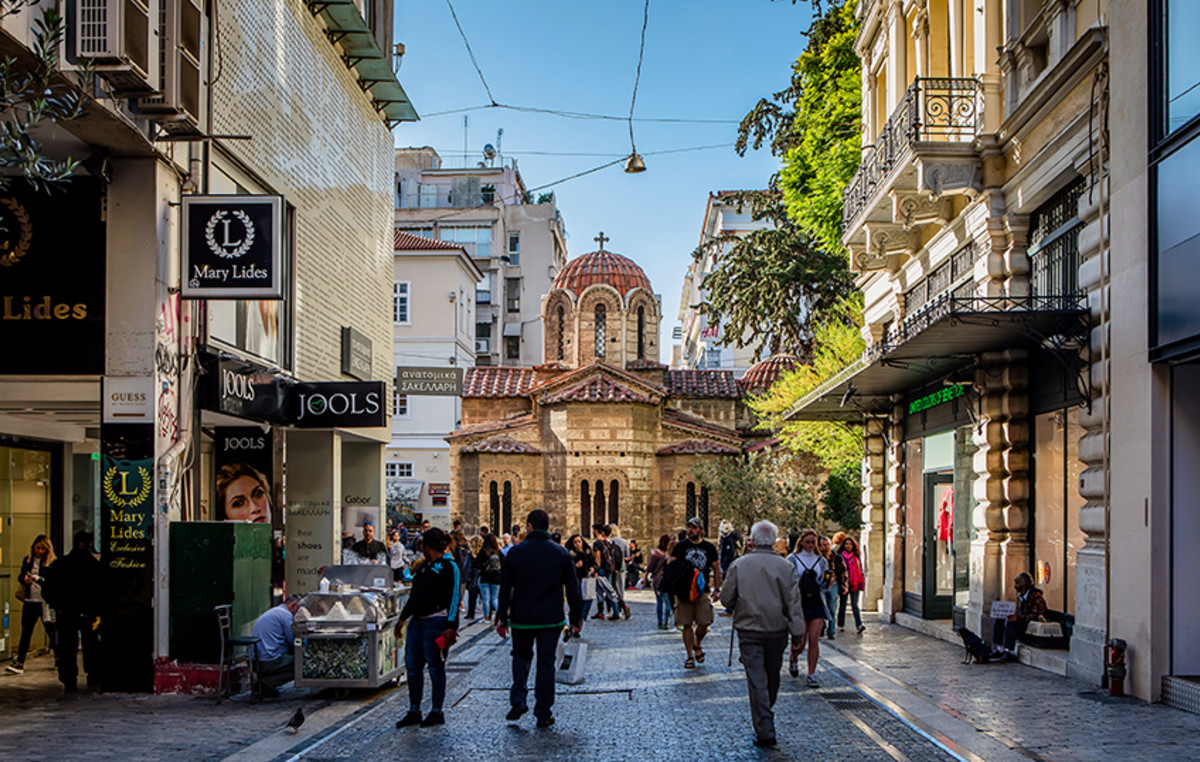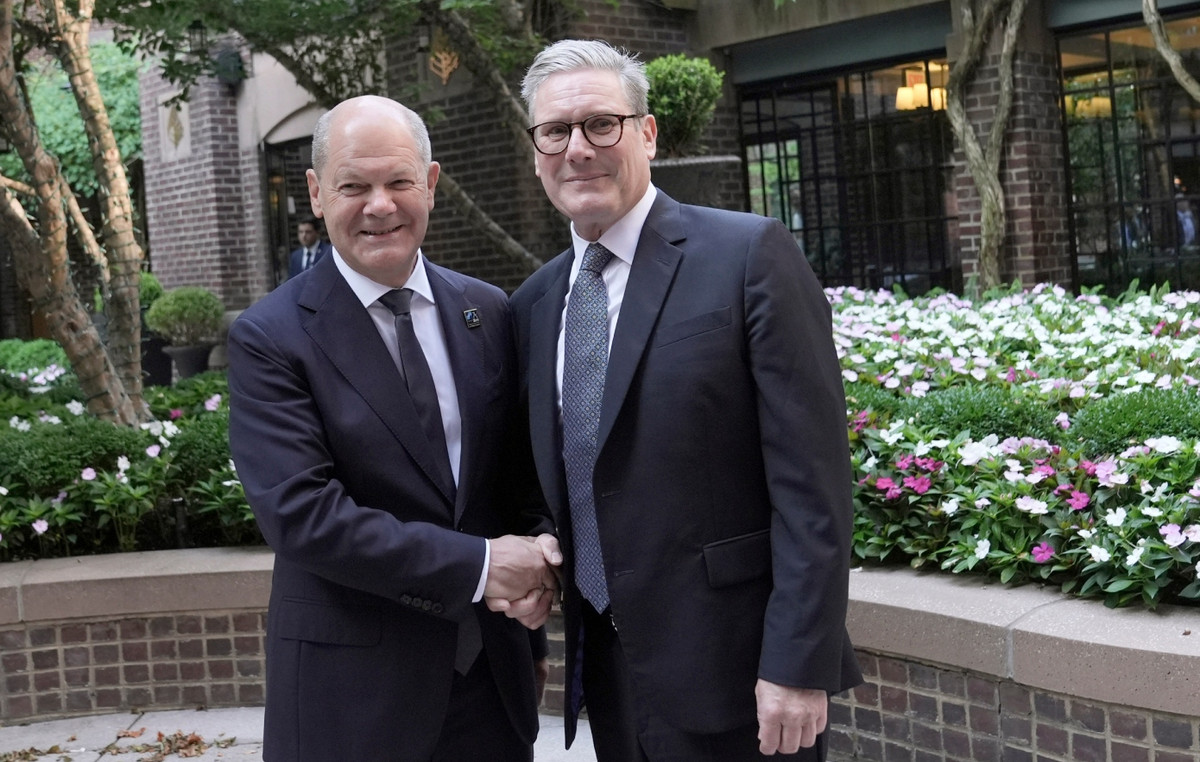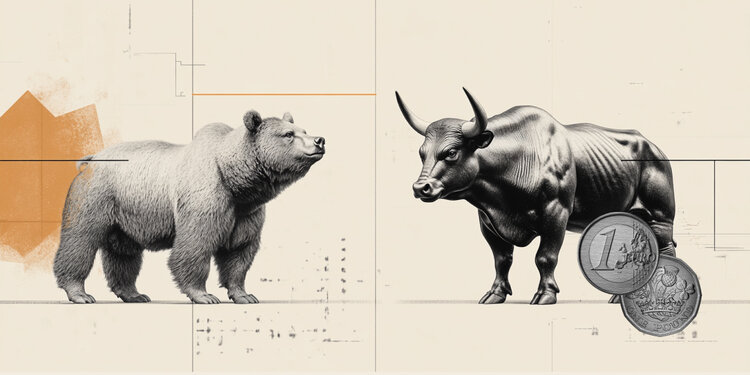“It’s relentless – relentless,” sighed nurse Claudiu Ionita, in front of a row of stretchers in the morgue of the University Hospital of Bucharest. On each stretcher was a body in a black plastic bag.
The morgue has a capacity for 15 bodies, but on the day of the visit from the CNN he had received 41. Excess bodies filled the corridor outside, while laments echoed from inside the morgue. A woman was allowed to enter for a final glimpse of her father.
The University Hospital of Bucharest is the Romanian capital’s largest medical facility that treats patients with Covid-19 and is fighting the country’s fourth wave, the worst of all.
“I never thought, when I started this work, that I would experience something like this,” said Ionita. “I never thought that such a catastrophe could happen, that we would end up sending entire families to their graves.”
Several floors above, all but one beds in the hospital’s now expanded Intensive Care Units (ICUs) were occupied. A nurse was changing the sheets on a vacant bed – empty, because the person occupying it was now in the morgue.
Romania has one of the lowest vaccination rates in Europe.
Just under 36% of the population has been vaccinated, although the country’s vaccination campaign got off to a good start last December.
Medical officials and officials attribute this low vaccination rate to a variety of factors, including suspicion from authorities, deeply held religious beliefs and a flood of misinformation surfacing on social media.
When Dr Alexandra Munteanu, 32, arrived to work at one of Bucharest’s vaccination centers after a night shift at the hospital, she found attendance was low. She is baffled by the fact that the seriousness of the illness just doesn’t seem to have assimilated. “There are a lot of doctors, myself included, who work with Covid-19 patients, and we’re trying to tell people that this disease really exists,” she said.
One of the country’s most notorious anti-vaccination conspirators is Diana Sosoaca, a member of the Romanian Senate. In one of her many public scenes, she tried to stop people from entering a vaccine center in her constituency in the northeast of the country.
“If you love your kids, stop the shots,” she says in a video clip on her Facebook page. “Don’t kill them!”
Vaccines offered in Romania have been extensively tested for use in children and have proven to be safe and effective, but that hasn’t stopped her and others from spreading wild rumors on social media and on local television.
Authorities and medical staff are exasperated that public figures have done so much to undermine their efforts.
“Look at reality,” said Colonel Dr. Valeriu Gheorghita, an army doctor who runs the national vaccination campaign. “We have our ICUs full of patients. We have a lot of new cases. We have, unfortunately, hundreds of deaths every day. This is the reality. And more than 90% of patients who died were not vaccinated.”
In Bucharest, a huge banner was erected, covering half the facade of a building on a large boulevard. “They are suffocating. They are begging us. They’re Repenting,” are the words printed in huge black letters above black-and-white photos of doctors fighting over Covid patients in an ICU.
Downstairs, few passersby look at the poster and even fewer bother to share their thoughts with the CNN. Soon, however, this flag will be raised in other major cities across the country.
“There is manipulation,” said a woman who called herself only Claudia, adding: “Some people don’t believe in vaccines.”
Mayor: ‘It is not a safe vaccine’
Nowhere is this suspicion more apparent than in the countryside, where Covid-19 vaccination rates have plummeted to about half compared to urban areas.
Suceava County, an hour’s flight northeast of Bucharest, has the lowest overall vaccination rate in the country.
Here, the manager of the main hospital, Dr. Alexandru Calancea, 40, talks about the particularity of this region, where he was born and raised.
“This council is very religious. This is an area with a strong religious tradition, and many religious people. […] Very few [padres] are in favor of the vaccine, and I certainly know some who are antivaccine. Most choose to say nothing, neither for nor against. We have evidence, from the hospital, of patients who come from the same religious communities, where their priest, or their pastor, advised them not to get vaccinated, just like that.”
On the outskirts of Suceava, in the village of Bosanci, this pastor also serves as village prefect. Neculai Miron has been one of the most active anti-vaccine public figures in the country, and today it is no different.
“We’re not against vaccination, but we want to check it out, to satisfy our concerns, because there were a lot of side effects,” he told CNN. “We don’t think the vaccine components are very safe. It is not a safe vaccine”.
The medical data does not influence him, nor the local doctor, to whom he took the team from CNN to see.
Dr. Daniela Afadaroaie administers the vaccine to about 10 people every two days, using the Johnson & Johnson vaccine. The latest official records show that just under 11% of the village was vaccinated in early November 2021.
As she talked about the situation in the village, Mayor Miron prowled the doctor’s desk, peering at the papers on his desk to see who had been vaccinated.
“When are you going to get vaccinated, Mr. Mayor?” asked Afadaroaie, laughing.
“I don’t need to be vaccinated,” he countered. “I’m perfectly healthy.” The doctor’s explanation that the vaccine helps keep him that way fell on deaf ears.
Pastor: ‘I believe what I see more than what I hear’
In rural villages like this one, poverty and lack of education, along with the personal influence of local leaders and traditional religious beliefs, can form a deadly combination.
But local Pentecostal pastor Dragos Croitoru insisted he knew of no Covid-19 deaths in the parish. “Here at the church, we don’t have any cases of people who are sick with coronaviruses. We have a death rate of zero percent, I don’t know anyone who died of coronaviruses here in our parish. And I believe what I see rather than what I hear,” he said.
despite hearing from CNN about the bodies of Covid-19 victims filling the morgue at the University Hospital of Bucharest, Croitoru was unconvinced. “Bucharest is bigger than Bosanci, as far as I know,” he chuckled. “We didn’t have any dead. Maybe we have some people who were sick in the village, yes, as far as I know, yes. But the death rate in our church has been zero.”
The death rate is certainly high in other parts of this predominantly rural county. Suceava ranked third in Covid-19 mortality rates nationwide in early November, according to data from the Public Health Unit, which monitors deaths.
A corner of the main cemetery in Suceava, the county seat about 10 minutes from Bosanci, is littered with newly opened graves. In the cemetery chapel, a mass is in progress. On the hill behind the chapel, mourners gather for a funeral. Nearby, another tomb is being prepared.
The wooden crosses over each new grave do not indicate the cause of death, so it is unclear how many died from the virus. A man working on one of the graves, however, said the number of people buried recently was much higher than normal.
“Eternal lamentations,” says a ribbon hanging from one of the graves.
Back in the morgue at the University Hospital of Bucharest, a doctor hammered a nail into a wooden coffin. A colleague sprinkled the coffin with disinfectant.
For those who die from Covid-19, there will be no open-casket funerals.
“The vaccine means the difference between life and death,” said Ionita, the nurse. “People should understand this. Perhaps in their last minute they should understand that.”
For those wrapped in black body bags in front of you, it’s too late.
*(Translated material. Read the original in English here).
Reference: CNN Brasil







